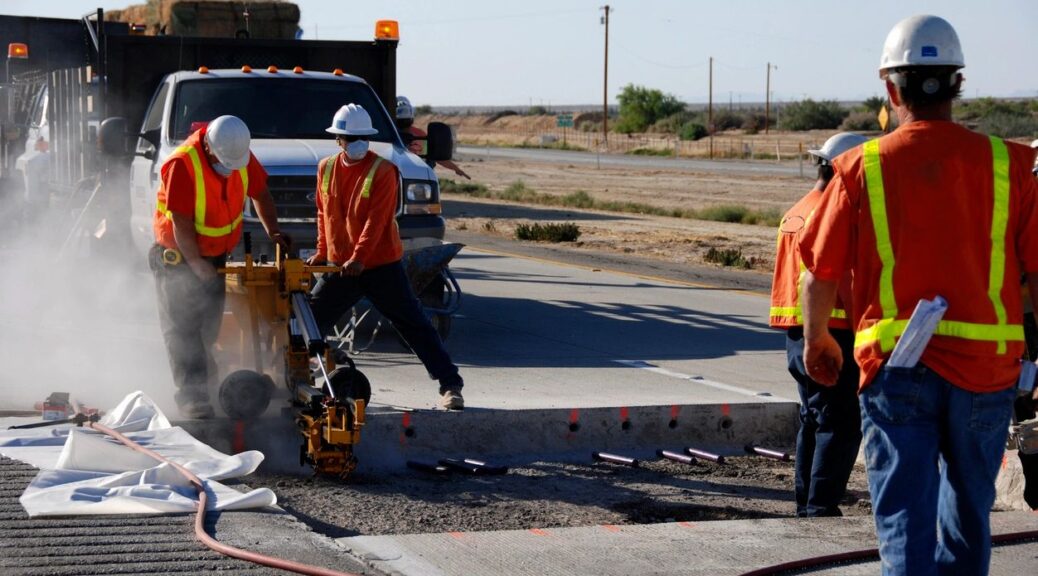Klein Buendel researchers and collaborators are launching a supplemental study to test the impact of social media messaging on COVID-19 mitigation, such as social distancing behaviors and vaccination, in a sample of mothers with daughters aged 14-17 years. The study, which is funded by the National Cancer Institute, will examine the impact of different sources frequently providing COVID-19 and vaccination information via Facebook.
The Internet, including social media, is a preferred channel for health information for many Americans (1,2). At their best, social media provide flexible, responsive, and accessible platforms for distributing information to the public from trusted voices such as Centers for Disease Control and Prevention (CDC) and National Institutes of Health to promote needed health behaviors (3,4). Social media can improve information dissemination and personal relevance (8-12), create social support and collective action (13,14), and detect and respond to emerging issues and trends such as the COVID-19 response (5,6). At their worst, social media circulate inaccurate, misleading, unsupported, and harmful information (5,7), which may be especially detrimental in this age of filter bubbles separating Americans into like-minded groups (5).
Following a pretest survey, mothers will be randomly assigned to one of three Facebook private groups varying in types of source in the COVID-19 social media posts – government health agencies, near-peer parents and family members, or news media. Social media platforms are directing users to health organizations (6) but other sources may be credible with users, as well. The private groups prevent experimental contamination while delivering the social media feed. Mothers will complete a posttest at 3-, 6-, and 9-weeks post-randomization. The primary outcomes, assessed at pretest and all posttests, will be social distancing behaviors by self and daughter and intention to vaccinate self and daughter for COVID-19 (if a vaccine becomes available). Secondary outcomes are mother-daughter communication about COVID-19 mitigation behaviors and vaccination, theoretic antecedents of mitigation behaviors and vaccination, media literacy, and COVID-19 misinformation. Individual differences among mothers and other covariates will be measured at baseline or obtained from the parent trial. Engagement with the social media feed will be recorded.
This research is funded by an administrative supplement to a grant from the National Cancer Institute (CA192652; Dr. David Buller, Klein Buendel, and Dr. Sherry Pagoto, University of Connecticut, Multiple Principal Investigators). Collaborators include Dr. Katie Baker, Dr. Joel Hillhouse, and Jessica Bibeau from East Tennessee State University; Dr. Kim Henry from Colorado State University; and Dr. Barbara Walkosz and Julia Berteletti from Klein Buendel.
References
1. Purcell K; Pew Research Center. The State Of Online Video. Available at: http://www.pewinternet.org/2010/06/03/the-state-of-online-video/. Published June 3 2010. Accessed May 22, 2020.
2. Majority of Adults Look Online for Health Informaiton. FactTank: News in the Numbers. February 1, 2013. http://www.pewresearch.org/fact-tank/2013/02/01/majority-of-adults-look-online-for-health-information/. Accessed May 22, 2020.
3. Veil SR, Buehner T, Palenchar MJ. A work-in-process literature review: incorporating social media in risk and crisis communication. J Contingencies Crisis Manage. 2011;19(2):110-122.
4. Breland JY, Quintiliani LM, Schneider KL, May CN, Pagoto S. Social media as a tool to increase the impact of public health research. Am J Public Health. 2017;107(12):1890-1891.
5. Sutton J. Health communication trolls and bots versus public health agencies’ trusted voices. Am J Public Health. 2018;108(10):1281-1282.
6. Merchant RM, Lurie N. Social media and emergency preparedness in response to novel coronavirus [published online ahead of print March 24, 2020]. JAMA. 2020 doi: 10.1001/jama.2020.4469
7. Broniatowski DA, Jamison AM, Qi S, et al. Weaponized health communication: Twitter bots and Russian trolls amplify the vaccine debate. Am J Public Health. 2018;108(10):1378-1384.
8. Valle CG, Tate DF, Mayer DK, Allicock M, Cai J. A randomized trial of a Facebook-based physical activity intervention for young adult cancer survivors. J Cancer Surviv. 2013;7(3):355-368.
9. Young SD, Cumberland WG, Lee SJ, Jaganath D, Szekeres G, Coates T. Social networking technologies as an emerging tool for HIV prevention: a cluster randomized trial. Ann Intern Med. 2013;159(5):318-324.
10. Pagoto S, Baker K, Griffith J, et al. Engaging moms on teen indoor tanning through social media: protocol of a randomized controlled trial. JMIR Research Protocols. 2016;5:e228. doi: 10.2196/resprot.6624. PMCID: PMC5147712
11. Witte K. Putting the fear back in fear appeals: the extended parallel process model. Communication Monographs. 1992;59:329-349.
12. Rogers RW. A Protection Motivation Theory of fear appeals and attitude change1. J Psychol. 1975;91(1):93-114. doi: 10.1080/00223980.1975.9915803
13. Rogers RW. Cognitive and physiological processes in fear appeals and attitude change: a revised theory of protection motivation. In: Cacioppo, J, Petty, R, eds. Social Psychophysiology. New York, NY: Guilford Press; 1983:153-176.
14. Woodall GW, Starling R, Buller DB, Kong A, Wheeler C. Beta-test and randomized trial results for GoHealthyGirls: a website for HPV vaccine adoption. 29th Meeting of the International Papillomavirus Conference; August 20-25; Seattle, Washington.


